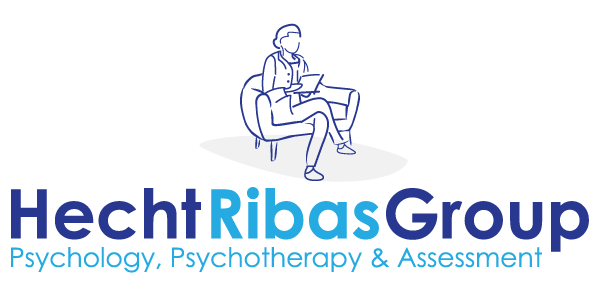PTSD is a mental health disorder that can be triggered by a terrifying event that a person experiences or witnesses. Symptoms of PTSD may include flashbacks, nightmares, and severe anxiety, as well as uncontrollable thoughts about the event. People with PTSD may experience symptoms for months or even years after the traumatic event. In some cases, these symptoms may be so severe that they interfere with a person’s ability to function in everyday life. PTSD can occur in people of any age, including children.
PTSD is a serious condition that can have a profound impact on a person’s mental and physical health. If you or someone you know is experiencing symptoms of PTSD, it is important to seek professional help.
What Causes PTSD?
PTSD can be caused by a variety of traumatic events, such as natural disasters, terrorist attacks, car accidents, or sexual assault. While it is normal to experience some anxiety and stress after a traumatic event, most people will eventually adjust and return to their pre-event level of functioning. For people with PTSD, however, the stress and anxiety continue long after the event has ended. In some cases, the symptoms of PTSD may not even appear until months or years after the initial trauma.
There is no single cause of PTSD, and it is thought to be the result of a combination of biological, psychological, and social factors. It is believed that people who are exposed to multiple traumas, or who have a history of mental health disorders, are at a higher risk for developing PTSD.
What are the Symptoms of PTSD?
Symptoms of PTSD can be divided into four main categories: intrusive thoughts, avoidance, negative changes in mood and thinking, and changes in physical and emotional reactions.
Intrusive thoughts are reoccurring, unwanted memories of the traumatic event. People with PTSD may relive the event through flashbacks or nightmares. They may also have intrusive thoughts during waking hours. These thoughts may be so distressing that they try to avoid activities, places, or people that remind them of the trauma.
Avoidance is a common symptom of PTSD. People with PTSD may try to avoid anything that reminds them of the trauma. This may include people, places, activities, or conversations. They may also avoid thinking or talking about the event.
Negative changes in mood and thinking are common in people with PTSD. They may feel hopeless, depressed, or guilty. They may also have trouble remembering details of the event or feel that their life has no purpose. People with PTSD may also experience negative changes in how they think about others. They may view people as untrustworthy, dangerous, or evil.
Changes in physical and emotional reactions are also common in people with PTSD. They may startle easily, have trouble sleeping, or become irritable or aggressive. They may also have trouble concentrating or feel constantly on edge. Physical symptoms such as headaches, digestive problems, and chest pain are also common.
What are the Effects of PTSD?
PTSD can have a profound effect on a person’s mental and physical health. People with PTSD may have trouble functioning at work, at school, or in social situations. They may also have difficulty maintaining close relationships. PTSD can lead to depression, anxiety, and substance abuse. It can also worsen existing mental and physical health conditions.
PTSD can also have a negative impact on physical health. People with PTSD may be at a higher risk for developing cardiovascular disease, chronic pain, and gastrointestinal disorders. They may also be more likely to engage in risky behaviors, such as excessive drinking or drug use.
If you or someone you know is experiencing symptoms of PTSD, it is important to seek professional help. PTSD is a serious condition that can have a profound impact on a person’s mental and physical health.

